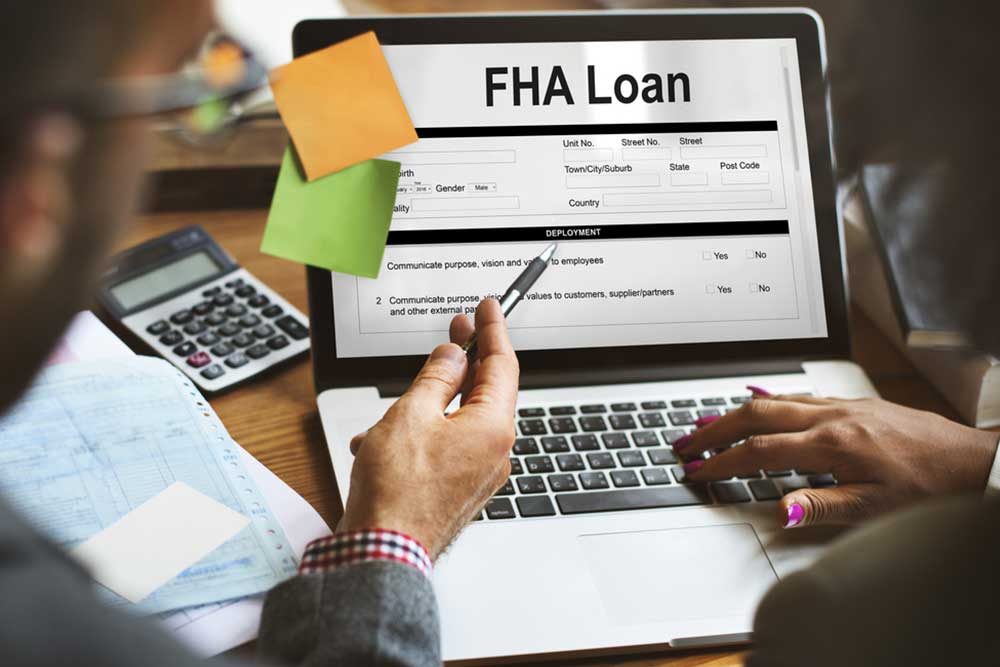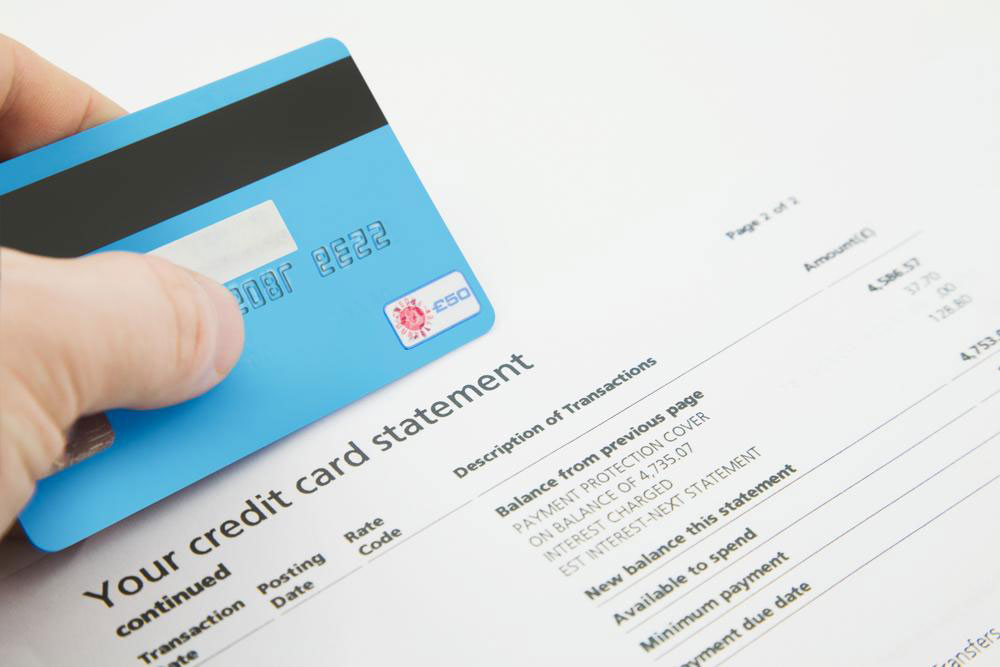Comprehensive Guide to Securing an FHA Loan: Essential Steps and Tips
This comprehensive guide details the essential steps to secure an FHA loan, covering eligibility criteria, loan limits, and tips to improve approval chances. Ideal for first-time homebuyers, it highlights financial preparations and selecting FHA-approved lenders to simplify the homeownership journey.

Comprehensive Guide to Securing an FHA Loan: Essential Steps and Tips
Obtaining a Federal Housing Administration (FHA) loan can be a transformative step toward homeownership, especially for individuals with less-than-perfect credit or limited savings for a down payment. FHA loans are a government-backed mortgage solution that aims to make buying a home more accessible and affordable for a wide range of prospective homeowners. In this detailed guide, we will explore the critical steps involved in securing an FHA loan, the benefits it offers, and practical tips to increase your chances of approval.
First, understanding what an FHA loan entails is essential. These loans are designed to assist borrowers who might not qualify for conventional mortgages due to lower credit scores or limited personal savings. They feature lower down payment requirements—often as low as 3.5%—and have more flexible credit score criteria. Typically, applicants with a credit score of 580 or higher are eligible for the lowest down payment option. Those with credit scores between 500 and 579 may still qualify but are required to make a larger down payment, usually around 10%. Borrowers with credit scores below 500 generally do not qualify for FHA loans.
Understanding the limits and regional variations is equally important. Loan amounts vary depending on geographic location and are capped to prevent inflated home prices. In high-cost areas, the maximum loan limit can go up to $679,650, whereas in less expensive regions, the cap may be as low as $294,515. These limits are set annually and are subject to change based on market fluctuations and policy updates.
Interest rates on FHA loans tend to be lower than conventional loans due to government backing, making them a cost-effective option for many homebuyers. However, borrowers are required to pay mortgage insurance premiums (MIP). These premiums typically amount to around 1.75% of the loan amount at closing and are paid annually throughout the life of the loan, which helps protect lenders against potential losses.
Getting approved for an FHA loan requires meeting several eligibility criteria. First, you must demonstrate proof of identity and residence, such as a valid driver’s license and utility bills. Income stability is also critical; lenders generally prefer borrowers to have consistent employment history and ongoing income to ensure they can service the loan. Along with income verification, a thorough property appraisal by an FHA-approved appraiser is necessary to confirm the value aligns with the loan amount.
Applicants should also be aware of past financial issues that might impact approval. Bankruptcy within the last two years or recent tax liens can complicate the approval process, although some situations may still qualify after a waiting period. It's essential to review your credit report carefully before applying, address any inaccuracies or outstanding debts, and improve your credit score where possible.
Choosing the right lender is a vital step. Ensure that your lender is FHA-approved, as only approved lenders can process FHA loans. It’s advisable to compare offers from multiple lenders to find the best rates and terms suited to your financial situation. Pre-approval is recommended to gauge your borrowing capacity and streamline the subsequent application process.
When ready to proceed, gather all required documentation, including tax returns, pay stubs, bank statements, and identification. A comprehensive application will help facilitate a smooth approval process. Once approved, you'll need to complete the necessary paperwork, pay the required initial fees, and meet any additional requirements from your lender.
Managing your expectations and understanding the entire FHA loan process can make your home buying journey much smoother. From preparing your financial documents to selecting a suitable property and completing inspections, each step plays a crucial role in achieving your goal of homeownership through an FHA-backed mortgage.
In summary, securing an FHA loan involves understanding eligibility requirements, regional loan limits, and the importance of choosing a reputable, FHA-approved lender. By following these essential steps—evaluating your credit, preparing documents, and understanding the costs involved—you can boost your chances of successfully obtaining an FHA loan and taking the first step toward your new home.





